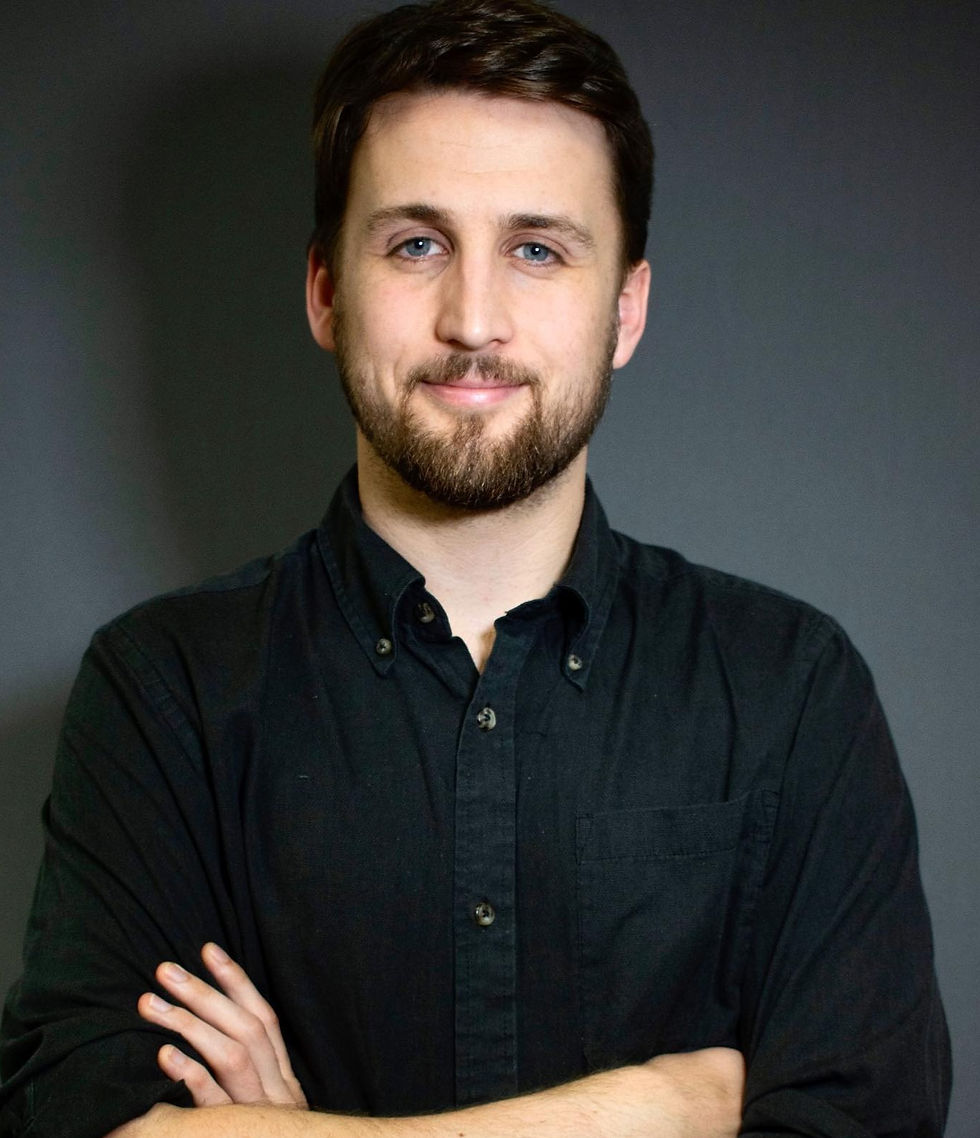Alumni Spotlight: Daniel Dilliott
- Western MPH Alumni Association
- Mar 15, 2021
- 3 min read

OVERVIEW
Name and Designation:
Daniel Dilliott, BMSc, MPH
Position/Employer:
Research Coordinator,
Bruyère Research Institute
MPH Class of 2018
Practicum Placement:
Bruyère Research Institute
Interests:
Medicine, Global Health, Epidemiology,
Social Determinants of Health, Mental Health
What was your background before entering the program?
I always thought I wanted to be a “bench scientist”, so I could spend my days working in a lab with chemical reactions and cell cultures. This, combined with my interest in medicine, led me to pursue my BMSc at Western University. When I entered the workforce, I quickly discovered that health and well-being are far more than just biochemical reactions or cell signalling pathways. As a clinical assistant working at a Family Health Clinic that primarily served marginalized communities in Ottawa, I spent shift after shift learning about patients’ lived experiences. As I listened to their stories, I came to understand the social determinants of health before I had even heard of the term. I began to wonder things like, “how effectively will a statin really treat high blood cholesterol, if the patient works two stressful jobs, can’t afford a gym membership, and the nearest grocery store is a 45-minute bus ride?”. It seemed to me that, while undoubtedly necessary and beneficial, many medical interventions still failed to address the root causes of some diseases. It was these sorts of practical, systemic-level questions that motivated me to pursue my MPH.
What has been your journey post-graduation?
I’d liken it to my favourite TV series, Lost; full of exploration, plot twists and unanswered questions. Since graduating, I’ve been simultaneously pursuing my goal of becoming a physician and embarking on a career in research. My practicum and subsequent hiring as a Research Assistant with the Bruyère Research Institute allowed me to continue exploring my long standing interests in global health. For two years, I supported research projects investigating the implementation of lymphatic filariasis elimination programs. Working with researchers, health professionals, and government officials from all over the world, I helped develop practical, evidence-based solutions to the challenges faced by countries combating this debilitating infectious disease. Recently, I’ve accepted a Research Coordinator position at Bruyère and have pivoted to coordinating research projects focused on finding ways to address polypharmacy in elderly Canadians. At first glance, these two fields of research seem completely different. However, the underlying question is quite similar: how can we improve health systems and practices in a manner that better addresses the needs of society’s most vulnerable? I don’t know exactly where I’m headed, but whether I become a physician, continue in research, or do both, I know pursuing answers to this question will remain central to my future career.
What is one of the most important skills in public health you see in the future?
The COVID-19 pandemic has reinforced to me that public health needs people who are able to empathize and effectively communicate with people who are vastly different from themselves. Distrust in public institutions, fuelled in part by the spread of misinformation, has reached an all-time high over the past few years. To rebuild trust, we need to make a renewed effort to be compassionate in our conduct, to meet people where they’re at, and to include people in discussions that concern them. Empathy and communication are learned skills that, with enough practice, can be formidable tools for helping public health professionals do so.
LinkedIn: Daniel Dilliott
Instagram: @dandilliott






Comments